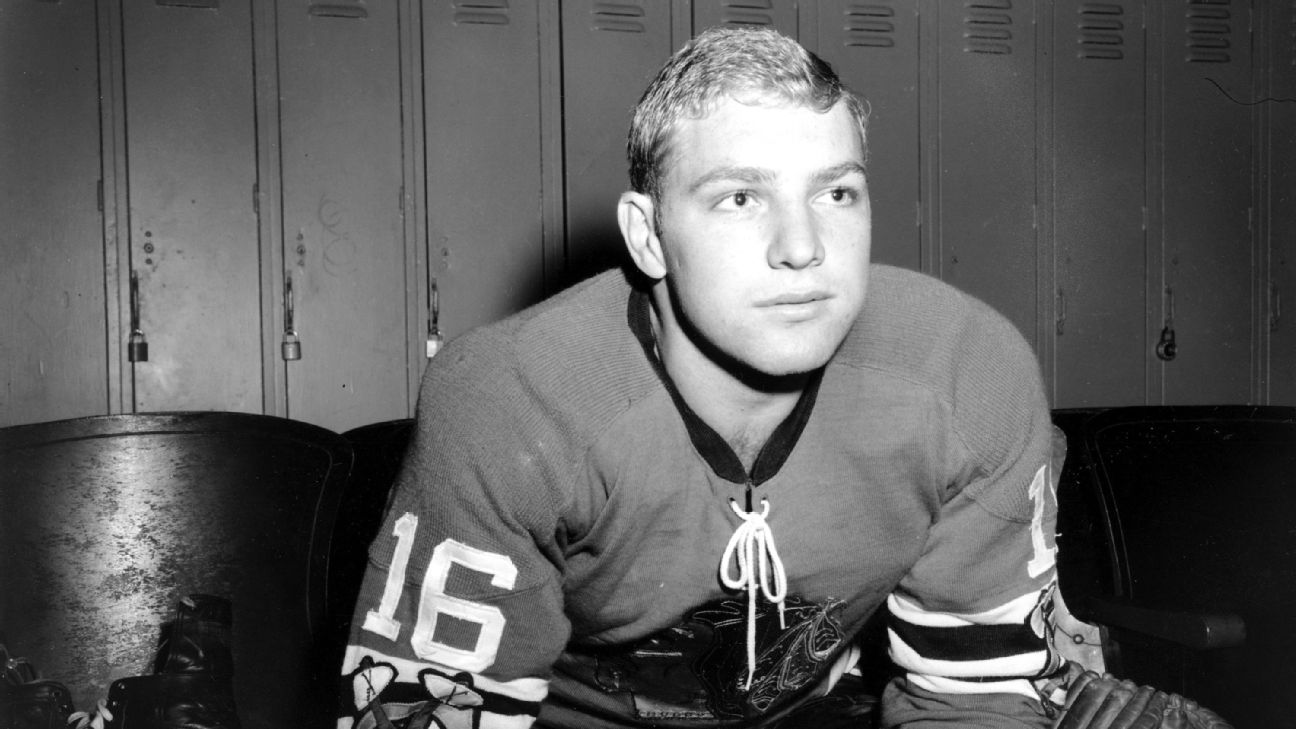
Hockey Legend Bobby Hull Diagnosed with CTE – A Wake-Up Call for the Sport
The news about Bobby Hull, one of hockey’s greatest legends, has sent shockwaves through the sports world. Hull, a Hall of Famer and Chicago Blackhawks icon, has been posthumously diagnosed with chronic traumatic encephalopathy (CTE), a devastating brain disease linked to repeated head trauma. This revelation, confirmed by researchers at the Boston-based Concussion Legacy Foundation, makes Hull the 17th known former NHL player—and the third Hall of Famer after Henri Richard and Stan Mikita—to test positive for CTE.
Dr. Ann McKee, a leading neuropathologist, revealed that Hull had stage 2 CTE, which can cause memory loss, impaired judgment, and mood swings. According to his wife, Deborah Hull, Bobby had seen firsthand the struggles of his longtime friend Stan Mikita and felt strongly that no other family should have to endure the same pain. That’s why he insisted on donating his brain for research, hoping it would help advance the understanding of this brutal disease.
Also Read:- Nationwide Customers – Deposit £100 Now for a Bonus Payout in 2025!
- More Snow on the Way as Ontario Struggles to Dig Out
Hull, famously known as "The Golden Jet" for his speed and iconic blond hair, was a dominant force in the NHL. He played 15 seasons with the Blackhawks, leading them to a Stanley Cup victory in 1961. With 604 goals, he remains Chicago’s all-time leading scorer. He also had a successful stint in the World Hockey Association (WHA) with the Winnipeg Jets, playing over 400 games. His contributions to the sport are undeniable, but his diagnosis now casts a dark shadow over the physical toll the game took on him.
The link between CTE and contact sports, particularly football and hockey, has been heavily debated. While the NFL acknowledged the connection in 2016, the NHL has remained reluctant. Commissioner Gary Bettman has consistently denied a definitive link, stating there’s no concrete evidence that playing in the NHL causes CTE. However, many former players, medical experts, and even the NHL Players’ Association have strongly disagreed.
This revelation about Hull’s condition adds fuel to the growing conversation about player safety in hockey. Several former NHL players—Bob Probert, Derek Boogaard, Wade Belak, and Steve Montador, among others—have also been diagnosed with CTE, with some cases tragically linked to suicide and mental health struggles. The NHL settled a concussion-related lawsuit in 2018, but legal battles continue, with families of players like Montador pushing for accountability.
Bobby Hull’s legacy in hockey is legendary, but his diagnosis is a stark reminder of the risks players face. It raises important questions: Is the NHL doing enough to protect its athletes? What changes need to be made to ensure player safety? And how many more legends will have to suffer before the league fully acknowledges the dangers of repeated head trauma?
This is a pivotal moment for the NHL and the entire hockey community. Hull’s final act of donating his brain was not just about science—it was a call to action. Now, it’s up to the sport to listen.
Read More:

0 Comments